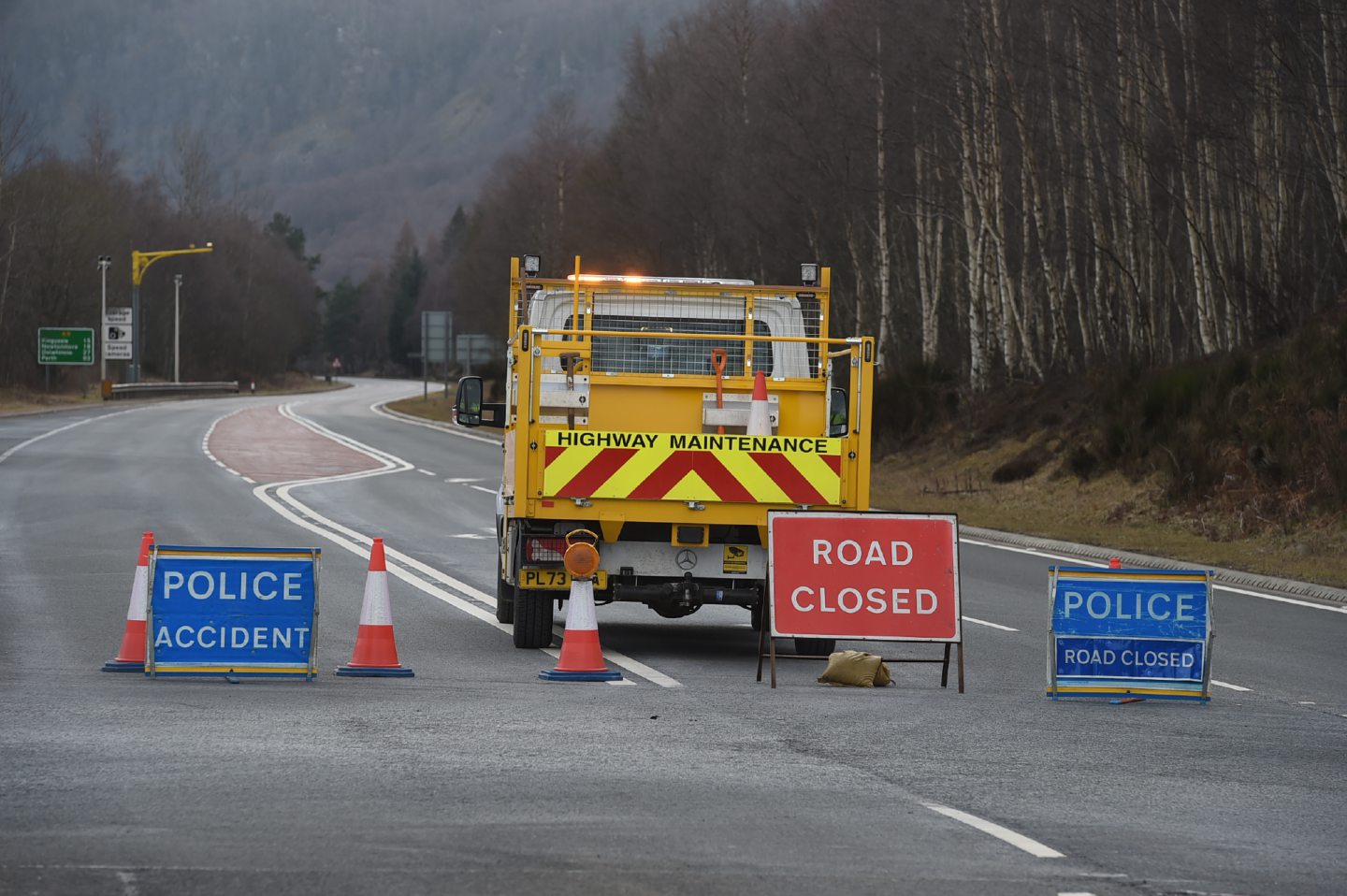I suppose if the new hate crime laws existed in the 1970s, Monty Python would have been hung, drawn and quartered in Scotland.
Their satirical Life of Brian managed to outrage almost everyone in the “easily-offended brigade”. Banned all over the place, yet hailed as possibly the funniest comedy film of all time.
Yes, the hilarious scene about “Christ” on the cross was appalling – if taken literally.
Recently, I watched a historical documentary on TV. It went into graphic medical detail about the story of Christ’s crucifixion, making my stomach turn because it became clear that the whole point of crucifixion was to prolong the victim’s agony for as long as possible, to make death a drawn-out process.
How could anyone laugh at that? But they weren’t meant to – the scene was a satire on the customs and opinions around life, death and worship at the time.
People had fair warning; a few years earlier, Python lampooned the barbaric Spanish Inquisition. The devilishly funny cry “nobody expects the Spanish Inquisition” – to announce the torturers’ sudden arrival on screen – was immortalised.
A lot of the real victims at the time were denounced on little or no evidence as grievances were settled.
How will threadbare police navigate new law?
There is a sort of Spanish Inquisition feel about the current furore swirling around Scotland’s new hate crime laws.
Thousands of hate complaints were filed almost before the ink was dry on day one: some genuine, others spurious, no doubt, and some just plain daft, I suspect. Delivered to Scotland’s threadbare police, who have been ordered recently to stop investigating a lot of minor crimes because they are broke.
Inevitably, there will be serious allegations worthy of investigation among this mountain of hate complaints. But police will also have to spend hours sifting through and eliminating the dross – the same kind of stuff they were told to stop investigating in the first place, to free up however few officers they have left.
Monty Python should reunite; they would have a field day with the Scottish Government’s latest embarrassment.
Of course, I’m worried and sensitive about victims of hate crime.
I first became aware of being subjected to racial abuse at about nine or 10 because my mother was Irish. I witnessed this and other discriminatory behaviour in general ever since. Vicious remarks dismissed as “banter” – a bankrupt expression if ever there was one. Banter is merely hate masked with a smile.
Now into my vintage years, I was abused over my age by a young driver because I got in his way as he tried to overtake me at twice the speed limit. A load of age-related abuse followed; he filmed it as well, to try to humiliate me.
I wish I’d filmed him, too, and sent it to Humza Yousaf. I’m sure he would have arraigned this young man before hate crime inquisitors in a jiffy.
But I’m just as worried about victims of bogus or nonsensical accusations by those with a grudge, trying to get even through nefarious means.
We must defend free speech
Ironically, these complaints must surely be guaranteed to rocket during the run-up to the general election, driven by the usual political hatred and bile which campaigners get away with.
Remember Nicola Sturgeon infamously spewing: “I detest the Tories“? Many rank and file agree with her, but that’s not the point; it was not befitting of the country’s leader to seemingly indulge in such rabble-rousing.
It’s worth checking how many similarly idiotic politicians end up having their collars felt by cops during the general election period for reckless, ill-judged remarks.
We must cherish free speech and protect this principle; it must not be forgotten or clouded in the current row
It’s risible that even though the hate crime law was born in the cradle of parliament, it is the political guardians of our freedoms who delivered and nurtured the legislation that we need to hate-check along the turbulent electoral path ahead.
Free speech is something many in the world are not allowed. We must cherish it and protect this principle; it must not be forgotten or clouded in the current row.
We might not like what some people say, but defend their right to say it – unless it is so extreme it really does stir up universal outrage that is not merely imagined or concocted disgust.
Ordinary people are infuriated by lack of action on NHS and A9 issues
There is a whiff of the Scottish Government’s named person and gender recognition reform debacles around this – especially the self-inflicted confusion and chaos.
Someone said in The P&J that we should move on, leave Scottish ministers alone and think of Gaza instead. How convenient would that be?
But there is something closer to home which also concerns us. Polling suggests the public aren’t interested in grandiose, often flawed schemes emanating from Holyrood – they prioritise the NHS and economy.
Ordinary people are infuriated by lack of Scottish ministerial action over NHS waiting lists and desperately needed A96 and A9 improvements to boost the north-east and Highlands economy.
The long-suffering public think it’s criminal – and they hate it.
David Knight is the long-serving former deputy editor of The Press and Journal



Conversation